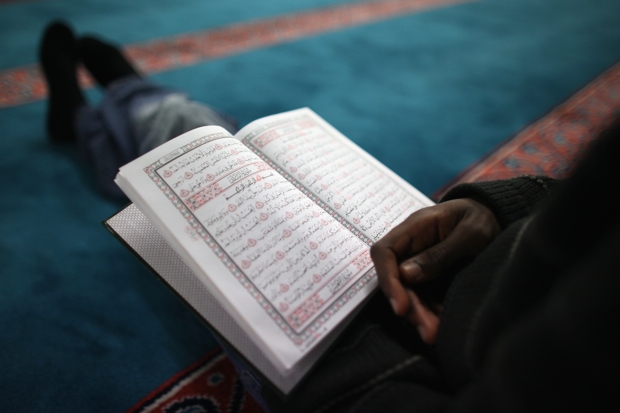Last Friday I took part in a debate entitled ‘Does Islam Need a Reformation?’ It was run by the Muslim group IREA. I was a bit wary. I’ve been to a couple of Muslim-run debates and round-table discussions in which the mainly Muslim participants veered off-topic and took turns to attack Western foreign policy and to accuse British culture of Islamophobia. There was often more grievance-airing than real debate. There was only a little bit of this on Friday: it was mostly a good discussion about the nature of religious reform and the question of Islam’s compatibility with secular values.
It left me feeling hopeful on one level. It was encouraging that Muslims were defending their religion with reference to universal human rights. Authentic Islam treats women and religious minorities well, said some; medieval Islam was far ahead of Christendom on such matters.
It is great news that Muslims are arguing within a humanitarian framework. At one point I said that the reformation of Islam is underway – precisely because such a discussion is taking place. It shows that British Muslims are thinking about their faith in relation to universal human rights. They are asking, for example: is it a problem that Mohammed decreed protection for other Peoples of the Book (Jews, Christians, Zoroastrians), but not for other religions? Should his decree be updated? It was grounds for optimism that some Muslims wanted to debate this sort of question.
But my optimism only goes so far. How can Muslims really affirm a secular political order in which all religions are respected, when the Koran so plainly commands a unity of religion and politics? In a sense British Muslims do affirm a secular political order – the vast majority surely sense that our public ethos is more humane than that of the average Muslim-majority state. But some feel guilty for admitting this, and so they say how awful and oppressive secularism is.
As I see it, Muslims who live outside of Muslim-majority lands are implicit agents of the reform of Islam. For traditional, unreformed Islam takes it for granted that Muslims will live under an explicitly Muslim political order. So when I meet a British Muslim I think: ‘Good. You are implicitly forging a new version of Islam that moves away from the original theocratic model. For if that old model were crucial to you, you would go and live elsewhere.’







Comments